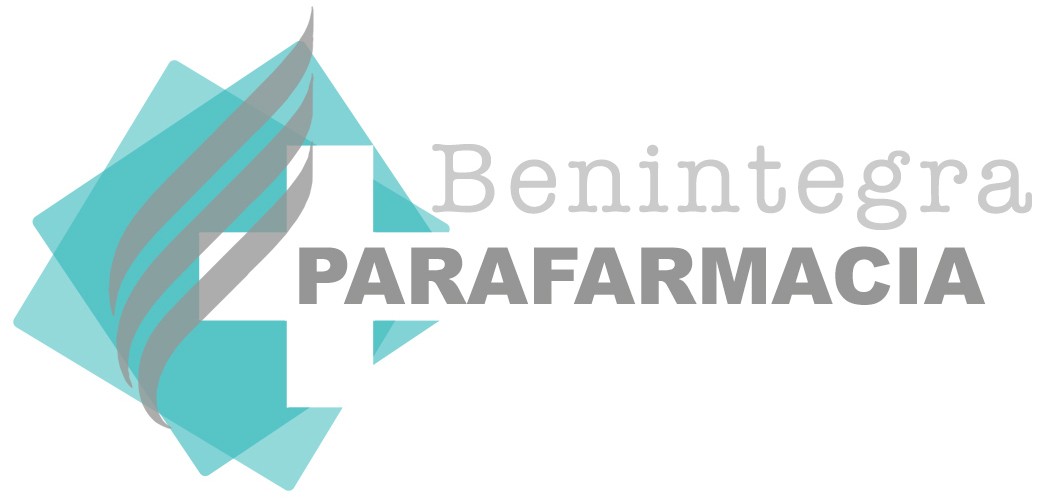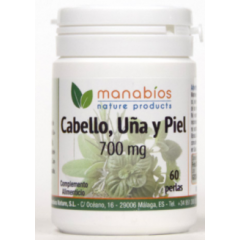Epamix® (FORZA VITALE) Liver-Hepatosis-Detoxification-Biliary dyskinesia-Gallstones-Poor digestion
Epamix® (FORZA VITALE) Liver-Hepatosis-Detoxification-Biliary dyskinesia-Gallstones-Poor digestion
Epamix® 100ml
From Artichoke, Milk thistle and Horehound, they promote digestive function.
Ingredients
Water, alcohol, Artichoke (Cynara scolymus L.) leaves, Milk thistle (Silybum marianum L.) seeds, Dandelion (Taraxacum officinale Weber) rhizome 19%, Boldo (Peumus boldus Molina) leaves, Horehound (Marrubium vulgare L.) Tops, Fumaria (Fumaria officinalis L.) tops, Rhubarb (Rheum officinale Baill.) rhizome, Fennel (Foeniculum vulgare Mill.) fruits, Rosemary (Rosmarinus officinalis L.) essential oil, honey, mixture of natural aromas.
The artichoke is a stimulant of liver and biliary functions thanks to the diphenols and flavonoids contained in it and the cynarin, a bitter and aromatic substance.
In Tarasaco, triterpenes in synergy with sesquiterpene lactones, act as cholecystokinetics, activating the gallbladder muscles and modifying the chemical-physical characteristics of bile; also useful in gallstones.
Boldo-based preparations are choleretic and cholagogue and facilitate the function of renal and digestive elimination. They can be associated with dyspeptic plants such as Artichoke, or plants such as Sen, in the case of constipation treatments.
Boldine (active principle) exerts an elective action on bile secretion and, in particular, on the fluidization of bile, reducing its viscosity and increasing its water content.
Silymarin, the active principle of milk thistle fruits, has hepatotropic activity: it contrasts the hepatolesive effects of various hepatotoxic agents; It seems that this plant is capable of sensibly accelerating the regeneration process of the liver parenchyma, since RNA synthesis is increased by stimulation of RNA-polymerase activity.
Rosemary is an anti-free radicals, which is why it fights dysmetabolisms due to bio-physiological oxidations. It has a digestive, choleretic and antistatetic eupeptic action.
Rhubarb is a bitter-tonic, and stomachic, therefore it is used in dyspepsia and gastrointestinal atony, it is effective for liver disease, anorexia, venous insufficiency of the lower extremities, hemorrhages of a different nature, dermatosis (due to liver dysfunction).
Horehound, traditionally used in the treatment of the respiratory tract, also has a choleretic and cholagogue activity that is not due to marrubin, but its hydrolysis product, marrubinic acid. Therefore it is used in the treatment of dyspeptic disorders, loss of appetite, liver disease and bile duct disorders.
Fennel seeds have always been used in dyspepsia, meteorism and spasms of the gastrointestinal tract. Increases gastric secretion, saliva and choleresis.
Liver-Hepatosis-Detoxification-Biliary dyskinesia-Gallstones-Poor digestion
RECOMMENDED DOSAGE
Adults
(Recommended dosage for normal weight subjects)
25 drops 3 times a day
Up to 12 years
(Recommended dosage for normal weight subjects)
10 drops x 3 times a day
Dilute in water
By buying this product you can collect up to 23 loyalty points. Your cart will total 23 points that can be converted into a voucher of €0.69.

Security Policy (edit with the Customer Trust and Security Information module)

Shipping policy (edit with the Customer Trust and Safety Information module)

Return Policy (edit with the Customer Trust and Safety Information module)
 Cookie preferences
Cookie preferences



















